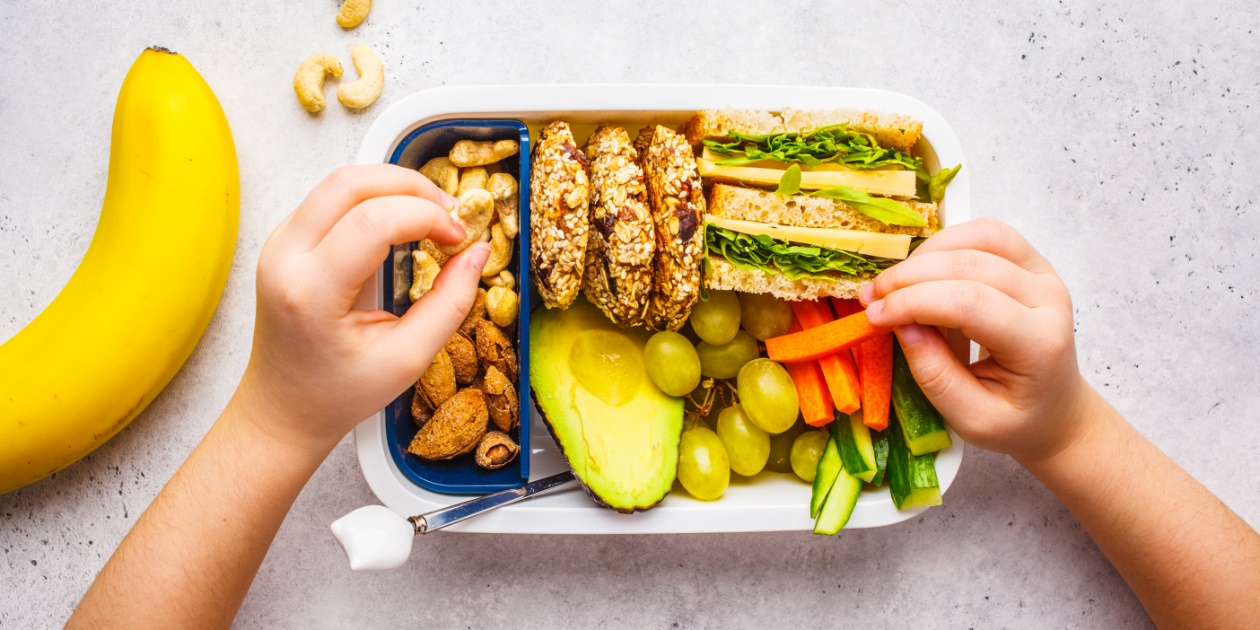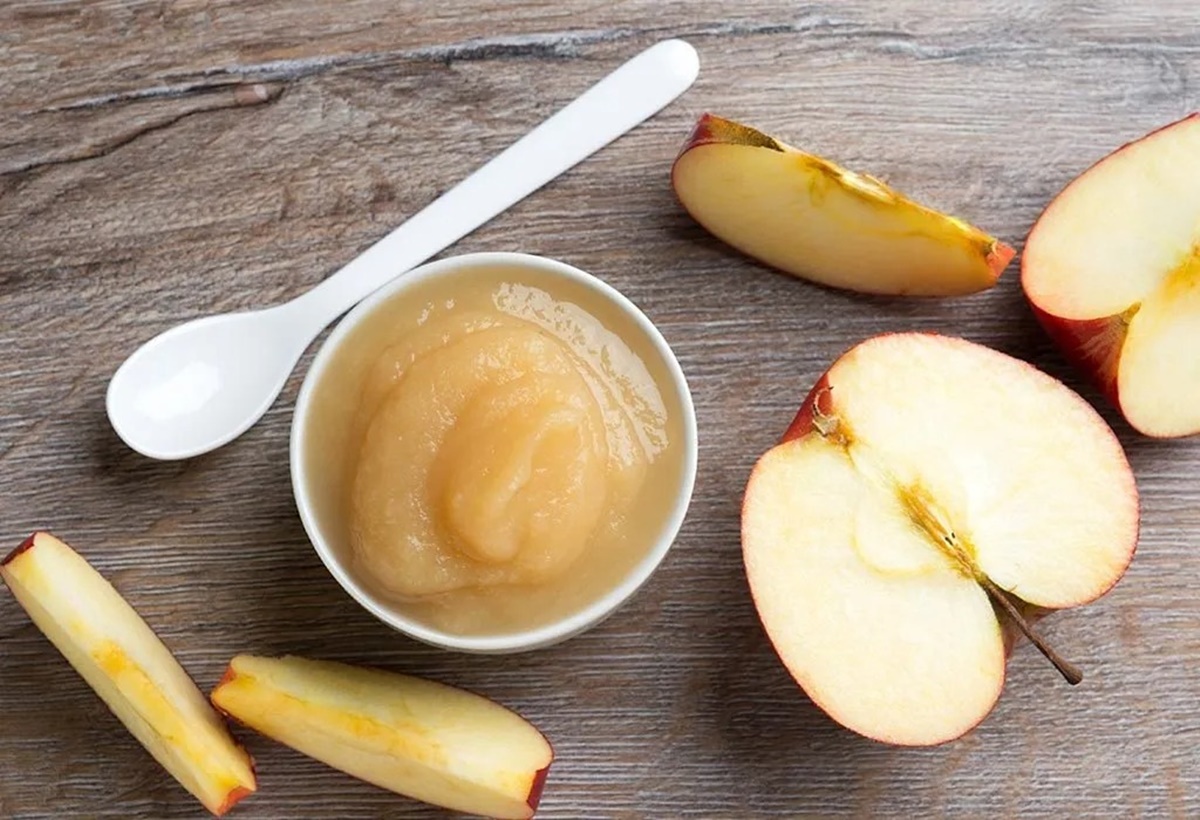Top 5 Vegetables Your Child Should Eat
As a parent, ensuring that your child eats a balanced and nutritious diet is crucial for their growth and development. While it may be challenging to get your little ones to eat vegetables, incorporating them into their meals is essential for their overall health. Vegetables are packed with essential nutrients that support their immune system, bone development, and cognitive functions. So, let’s take a look at the top 5 vegetables that your child should be eating:
- Broccoli: Broccoli is a powerhouse vegetable that is a rich source of vitamins C and K, folate, and dietary fiber. It promotes healthy digestion, supports bone health, and aids in boosting the immune system. Try steaming or roasting broccoli and serving it as a side dish or adding it to stir-fries and pasta dishes.
- Carrots: Carrots are not only crunchy and delicious but also loaded with beta-carotene, vitamin A, and antioxidants. These nutrients contribute to healthy eyesight and support proper growth and development. Encourage your child to snack on carrot sticks with a tasty dip or include them in soups and stews.
- Spinach: Popeye had a good reason to eat his spinach! This leafy green is packed with iron, calcium, vitamins A and C, and folate. Spinach promotes healthy blood circulation, strengthens bones, and supports brain function. Sneak spinach into smoothies, omelets, or pasta sauces to add a nutritional boost.
- Bell Peppers: Colorful and crunchy bell peppers are packed with vitamin C, vitamin A, and antioxidants. These nutrients help strengthen the immune system, promote healthy skin, and aid in overall growth. Serve bell peppers raw as a snack or add them to salads, stir-fries, or sandwiches.
- Sweet Potatoes: Sweet potatoes are a tasty vegetable that is rich in vitamin A, vitamin C, and dietary fiber. They support healthy vision, boost immunity, and promote gut health. Bake or roast sweet potatoes to make delicious fries or mash them as a side dish.
Remember, introducing vegetables to your child’s diet may require some persistence and creativity. Encourage them to try different vegetable dishes by making them fun and visually appealing. Let your child choose their favorite vegetables from the grocery store or involve them in meal preparation to foster a sense of ownership and excitement.
In conclusion, incorporating these top 5 vegetables into your child’s diet is a great way to ensure they receive the vital nutrients their growing bodies need. Start by gradually introducing these vegetables into your child’s meals and watch as they develop a preference for healthier food choices. By making vegetables a tasty and enjoyable part of their diet, you are nourishing their bodies for a lifetime of good health!











